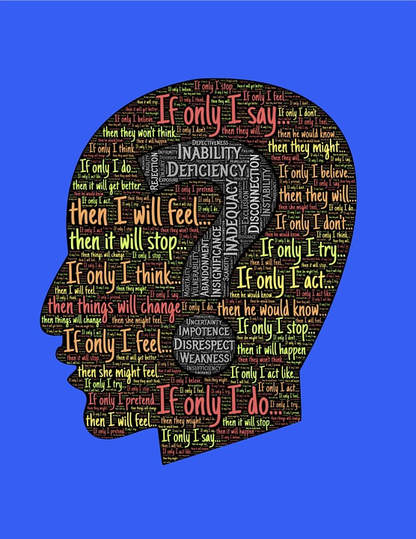|
This post is designed to educate people on what they can do to alleviate their own mental health suffering or help to alleviate the suffering of others. This week saw us celebrate World Mental Health Day and, yes, the world ‘celebrate’ is used very deliberately here. Mental health is something that should be celebrated and we as a society all need to pull together to ensure each other’s mental and emotional wellbeing. The problem is exacerbated by people (and, often, employers) who are either dismissive of the dangers presented by mental illness or have a backward and reactionary viewpoint regarding those who experience it. We need to shed the inherent stigma of this very real illness if we are to make progress in this field and alleviate the suffering of one in four people all over the world. Whether you’ve experienced difficulties with your own mental health, this post is designed to educate people on what they can do to alleviate their own suffering or help to alleviate that of others. The key is understanding Unfortunate as it may be, it’s human nature to fear the unusual and the unknown, and those who lack an understanding of mental illness are largely to react erratically to it out of fear. If you’re drawn to this post not because you experience mental health problems yourself but because you’d like to know more and wish to help others who do, then I thank you for taking that first step. Hopefully, a greater understanding of this field will generate a sincere passion to learn and help more. There are more options than ever for people who want to dedicate themselves to mental health. You can even get a Masters in clinical mental health counselling online. Many people who experience mental illness feel unable to openly discuss it as readily as they would, say a bout of influenza (more on that later), but opening a dialogue is a hugely important first step.. The truth is that mental health is a very broach church, rife with complexities and most people experience some form of mental illness at some point in their lives. Many unfortunate stigma persist to this day because of our need to simplify things, but mental health problems can be extraordinarily complex. Schizophrenia, for example, is a complex and deeply misunderstood mental illness that is often confused with the far less common Dissociative Identity Disorder.. It’s okay to talk about it It’s vital that we as a society open up a frank and tolerant environment in which people are able to share our troubles and anxieties when it comes to our mental health. It’s really astonishing how much of a difference can be made when people can discuss their mental health openly with friends, family and colleagues. This will hopefully create an environment which is more conducive to people seeking out diagnosis and help rather than suffering in silence. Treatment takes time If you are currently experiencing mental health problems it can be frustrating when after what seems like a lifetime of diagnosis and analysis, treatment either has a negligible effect or isn’t working altogether. As infuriating as this can be it’s important to realize that psychopharmacology is an extremely complex field that requires the exact right drug and dosage for the individual patient. A course of pharmacological treatment should also be supplemented with some form of cognitive therapy. With just a little understanding and the right treatment we can all do our bit to ensure that nobody need suffer unnecessarily with their mental health problems.
0 Comments
Leave a Reply. |



 RSS Feed
RSS Feed
